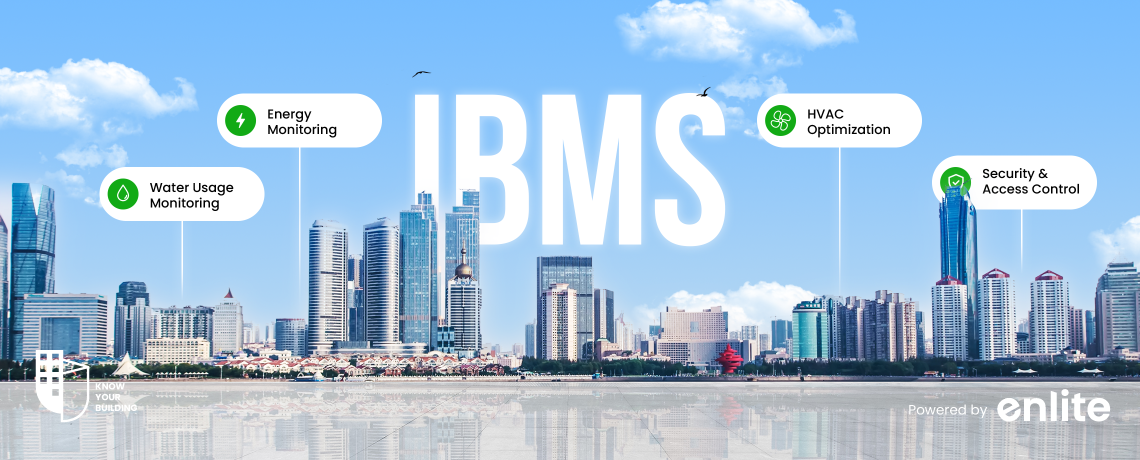Building Management Systems (BMS) play a crucial role in preserving natural resources by optimizing energy use, conserving water, and reducing carbon emissions. These systems integrate various technologies to manage and control a building’s mechanical and electrical equipment, such as heating, ventilation, air conditioning (HVAC), lighting, and water systems. By utilizing real-time monitoring and automated adjustments, BMS can significantly reduce energy consumption. For example, BMS can adjust lighting and HVAC settings based on occupancy and daylight levels, ensuring optimal energy use. Studies have shown that commercial buildings with BMS can achieve up to 30% energy savings, showcasing the potential for substantial reductions in energy consumption. This not only conserves natural resources but also lowers utility costs for building owners.
Water conservation is another critical aspect where BMS excels. By integrating smart water management systems, BMS can monitor water usage, detect leaks, and optimize water flow. This leads to significant reductions in water waste and overall consumption. Industrial facilities, for example, have reported up to 20% water savings after implementing BMS. These systems can adjust water flow based on real-time data, ensuring efficient usage and minimizing waste. Leak detection capabilities further enhance water conservation efforts by quickly identifying and addressing leaks, preventing significant water loss. As a result, buildings with BMS not only contribute to the preservation of water resources but also reduce their operational costs.
In addition to energy and water conservation, BMS also play a vital role in reducing carbon emissions. By supporting the integration of renewable energy sources and optimizing energy use, BMS help lower the carbon footprint of buildings. Urban buildings using BMS have demonstrated considerable reductions in carbon emissions, contributing to a more sustainable environment. For instance, some buildings have reported up to a 40% reduction in carbon emissions after implementing BMS. The world’s first cloud-native wireless BMS enhances these benefits by offering greater scalability, flexibility, and real-time data analytics, making it easier for buildings to achieve their sustainability goals. In conclusion, integrating BMS is a vital step towards preserving natural resources and promoting sustainability.
As a climate tech company, we offer the world’s first cloud-native building management solution designed to manage carbon footprints and water usage effectively. Contact us today to learn how our innovative products can help your building achieve its sustainability goals.














